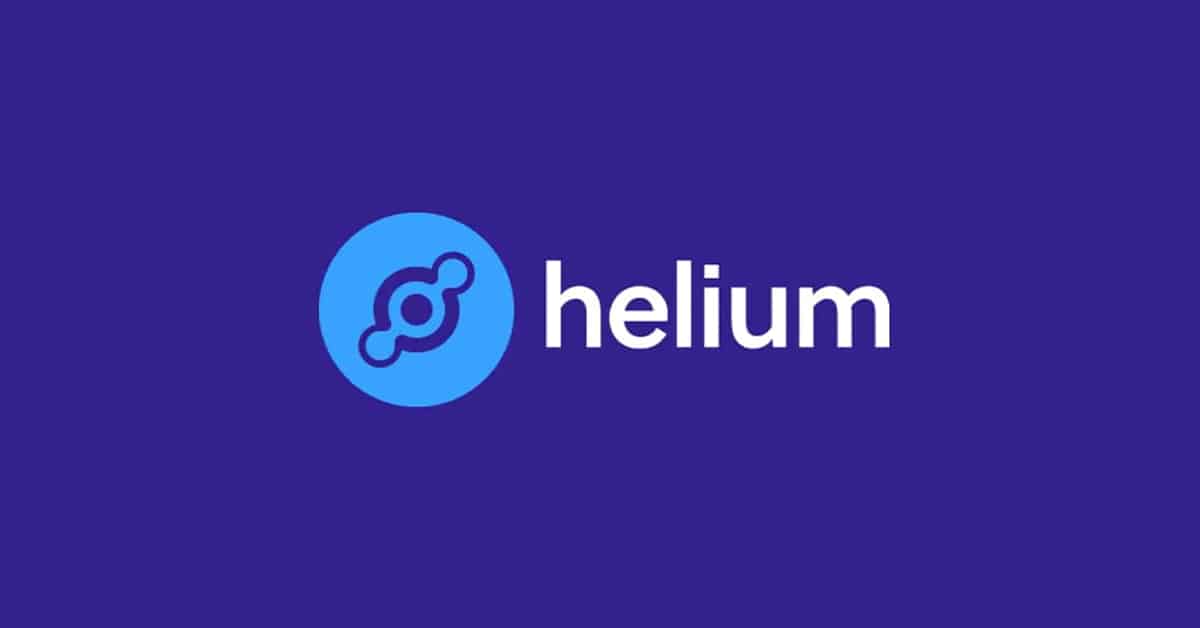- Two major US carriers are testing traffic offloading onto the decentralized Helium Mobile Network.
- Helium’s decentralized wireless network is gaining traction, enabling global devices to connect freely to the internet.
In a tweet, Helium announced that two major US carriers have begun testing to dump their traffic onto the Helium Mobile Network. This is a watershed event in the evolution of decentralized networks, showcasing their rising support for established telecoms corporations.
Carrier Has Arrived 👀🥁
2 large US carriers have initiated tests to offload their traffic onto the @Helium MOBILE Network, and the results are lighting up the charts!
Decentralized networks are here to support existing telcos, and the big players are in. Let’s go! 🔥 pic.twitter.com/h2qIEkRGML
— Helium🎈 (@helium) August 9, 2024
Helium’s Network Gains Momentum as Major Carriers Test Decentralized Infrastructure with Impressive Initial Results
The presence of these major carriers highlights the potential of decentralized infrastructure, with preliminary results already indicating encouraging trends, as evidenced by the remarkable performance metrics that are lighting up the charts.
At the time of writing, the Helium network’s native token, HNT, had risen to the top of the list of today’s gainers. It has risen by 14.14% over the last 24 hours to $6.59. A significant increase in daily trading volume, which has risen by more than 40% to $29.108 million, further supports this bullish trend.
The rising value of HNT reflects growing confidence and interest in Helium’s network and its ability to disrupt established telecommunications arrangements.
As we previously reported in July, a well-known Bitcoin OG called Helium is one of the main DePIN initiatives, alongside Filecoin and Render Network, that are redefining decentralized infrastructure.
Helium, with its decentralized wireless network, allows devices all around the world to freely connect to the internet, a feature that is predicted to become more important as technology and the internet advance.
On the other hand, CNF has already reported on Helium Foundation upgrades to the IOT and MOBILE verifiers. These revisions have altered the rewards distribution by omitting leap year accounting, which is intended to improve the reward system’s accuracy.
Furthermore, the emission of Helium’s stablecoin, HST, has been lowered from 31% of total HNT emissions to 30%, in accordance with protocol rules. This change has effectively raised the overall amount of HNT sent to the sub-networks, demonstrating the network’s dedication to maximizing its decentralized ecology.
No spam, no lies, only insights. You can unsubscribe at any time.














